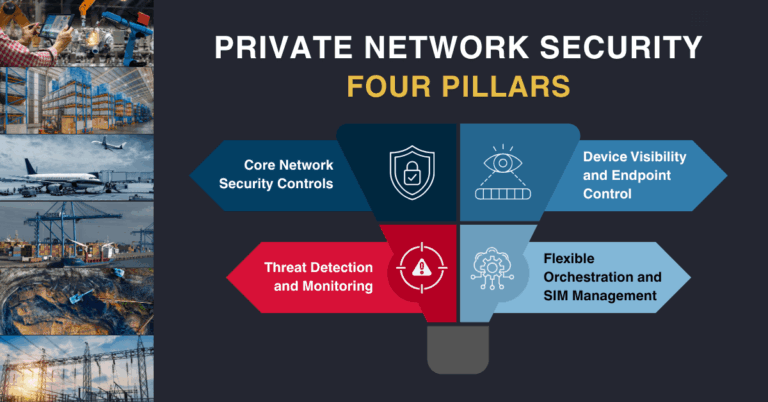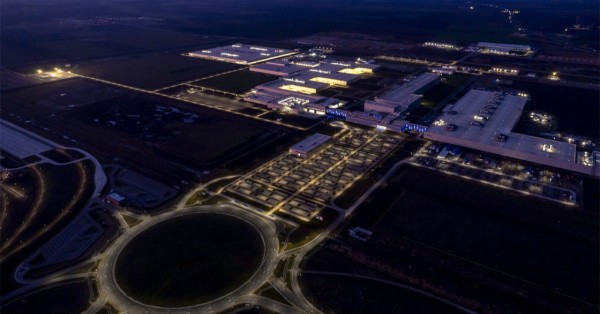- Tech News & Insight
- December 17, 2025
- Hema Kadia
The telecom industry is evolving fast, driven by the rise of AI and real-time data demands. Telcos are moving from legacy connectivity models toward becoming AI-powered intelligence infrastructure providers. This transformation spans infrastructure modernization, distributed AI, operational automation, and monetization shifts, from selling bandwidth to delivering tailored digital experiences.





























